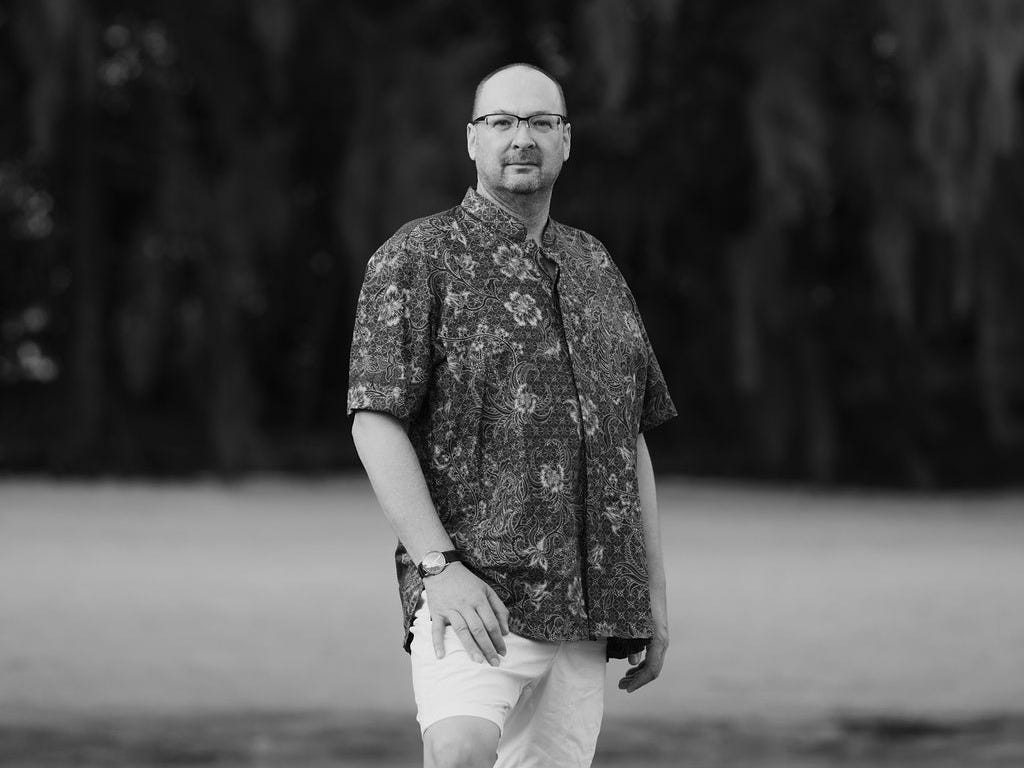The quality of consciousness
We live in a society that is addicted to drama.
Our addiction to drama is so strong that we are unconsciously incompetent in the quality of our consciousness.
And there are many individuals, politicians and corporations that take advantage of that.
We sacrifice our health and wellbeing because our addiction to drama is so strong that we neglect to be benev…



